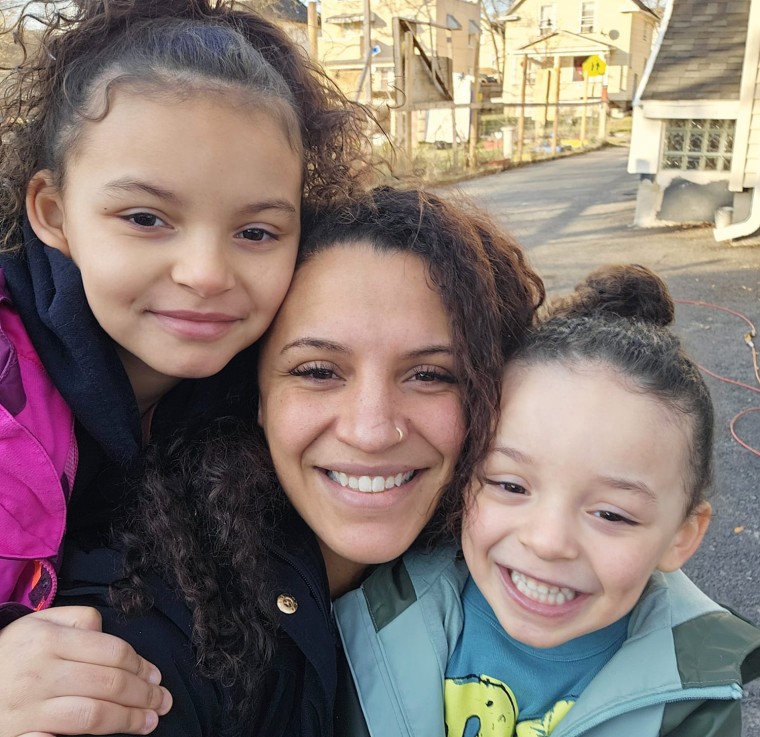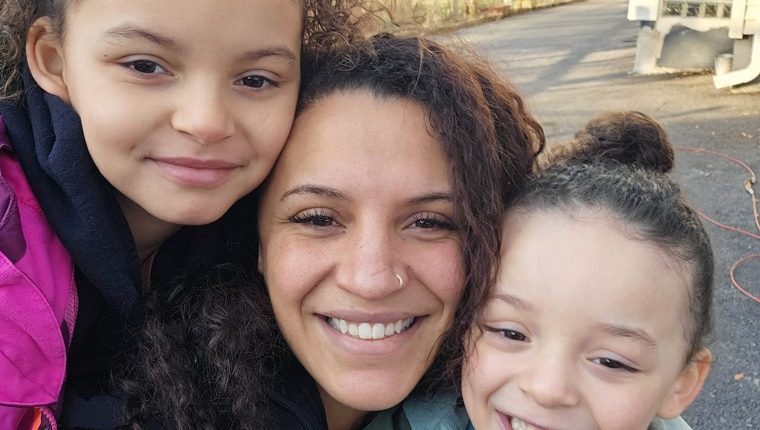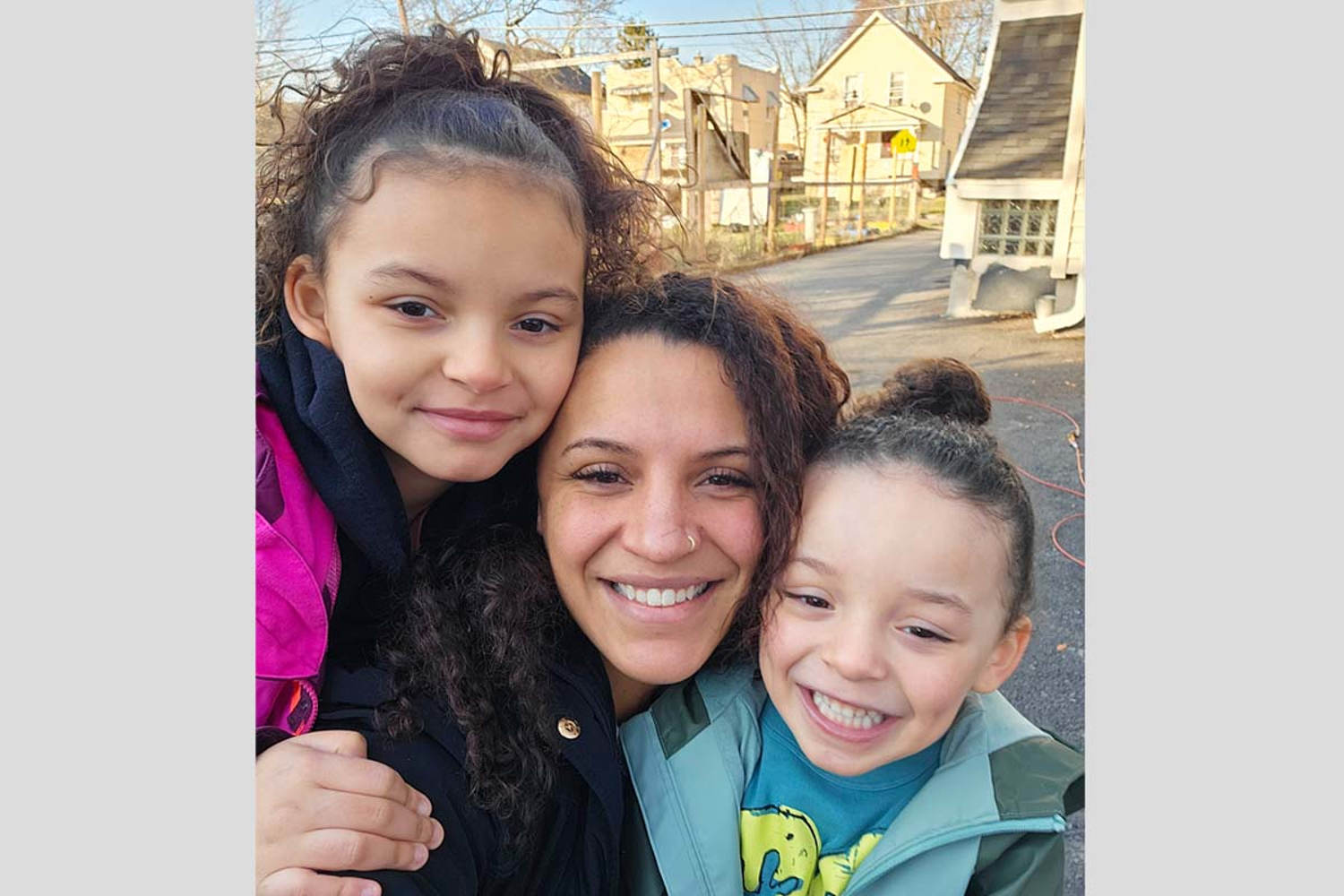WIC is facing a $1 billion budget shortfall, alarming advocates and program participants who say healthy food is only one piece of the vital assistance that the federal nutrition program provides to millions of low-income women and young children.
WIC — as the Special Supplemental Nutrition Program for Women, Infants, and Children is commonly called — helps mothers and children up to age 5 access staples such as fruit, vegetables and infant formula, and connects them to health care resources. The program has been shown to increase rates of prenatal care in low-income mothers and immunizations among their children, and for the last 25 years, there has been a bipartisan commitment to keeping it fully funded, according to the U.S. Agriculture Department, which oversees it.
But in recent months, WIC’s ability to continue to serve every eligible pregnant woman, mother, infant and child who applies has been in jeopardy — and proponents of the program worry that applicants could be cut off from crucial services that set them up for healthy futures.
“I think it’s a national duty to support programs like this,” said Whitley Hasty, of Rochester, New York, who started participating in WIC when she was pregnant with her first child in 2015.
Hasty was in an abusive relationship at the time and said that WIC gave her financial independence to buy healthy foods. She breastfed both her children in large part because of the education she received from WIC’s lactation consultants and the encouragement she got from peer counselors.

“It’s an investment in the overall health of your children,” said Hasty, who now works for a food bank and helps others struggling with food insecurity.
The Biden administration initially requested $6.3 billion to fully fund WIC in the 2024 fiscal year and has since requested $1 billion more to account for an increase in participation in the program as well as higher food prices. Some House Republicans have resisted increasing the funding and benefits, pushing instead to keep funding at roughly the level it was before or reducing it as they attempt to curtail government spending more broadly.
If WIC is not fully funded, the nonprofit research institute Center on Budget and Policy Priorities anticipates that about 2 million eligible parents and young children could be turned away by September, with Black and Hispanic families disproportionately affected. It added that some states could have to start making decisions as soon as March as to whom they might waitlist.
Advocates say that would be catastrophic for low-income households who rely on it not just for nutritious basics, but also for the well-being of their young children.
“WIC is an off-ramp for poverty,” said Paul Throne, WIC director for Washington state, where he said each year, WIC employees make about 1.5 million referrals to medical, social and other food assistance programs for participants. “It’s just a terrific program. It shouldn’t be subject to this kind of debate.”
USDA data shows that WIC is far-reaching, serving nearly 6.6 million total participants, including nearly 40% of all infants in the United States. In the 2022 fiscal year, total participation in WIC rose for the first time in over a decade, and data shows it rose again in the 2023 fiscal year.
Anti-hunger advocates attribute the increase to food prices that have remained stubbornly high, the end of emergency pandemic-era assistance measures that helped struggling families cover other costs, and better outreach to enroll families in WIC.
“Hearing about the cuts that could potentially happen is very alarming for families as they think about making sure that they have access to the resources that they need to not only feed their families, but provide the support that they need, short and long term,” said Raven King-Edwards, director of early childhood systems at Share Our Strength’s No Kid Hungry campaign, adding that WIC and its robust referral system are an important solution to reducing health disparities. “Families are extremely concerned about next steps.”
In a statement to NBC News, Agriculture Secretary Tom Vilsack called WIC “one of the most consequential, evidence-based public health programs available” and urged Congress to fully fund the program, which he said provides “lifechanging benefits and services” to participants.
“At the end of the day, this is a decision about values,” Vilsack said in the statement. “This Administration is proud to fully support WIC and the critical benefits it provides for millions of mothers, babies and young kids, and it is past time that Congress steps up to the plate and commits to doing the same.”
‘One of the best investments that we can make in our future’
WIC takes a holistic approach to health, advocates said. WIC clinics aim to ensure that pregnant participants are receiving regular care and that young children have a pediatrician for checkups; they make referrals for mental health issues; and they can even help participants find opportunities to do safe physical activity outside.
The program’s successes are backed by research. Studies have shown that WIC increases the likelihood that children receive immunizations and that pregnant women receive prenatal care, and that new mothers who receive breastfeeding advice from WIC are more likely to nurse their babies. WIC participation is also associated with improved birth outcomes, lower infant mortality and higher cognitive development among children, compared to populations who are eligible for WIC but not participating in it.
“WIC is really one of the best investments that we can make in our future and young families,” said Kate Franken, WIC director for Minnesota and board chair of the National WIC Association. “I’m just really counting on Congress to do the right thing.”
Because WIC is a discretionary grant program, rather than a guaranteed program, the number of participants who can be served each year depends on how much Congress sets aside in the appropriations process and the program’s annual operating cost. But it’s highly unusual for anyone who is eligible to be turned away, according to the USDA.
In a worst-case scenario in which Congress does not fully fund WIC, the USDA has guidelines that call for new mothers who are not breastfeeding to be among those waitlisted first.
Advocates are optimistic that Congress will reach a solution before that becomes necessary. But they worry that the possibility of a funding crisis could have a ripple effect nonetheless.
“If there is the threat of waiting lists, if there is the threat that WIC clinics will be reducing their hours, this all plays into people thinking, ‘Maybe I’m not going to be eligible,’ and dissuades them from applying,” said Ellen Teller, chief government affairs officer at anti-hunger advocacy organization Food Research & Action Center. “We want to quickly turn this around and just eliminate any thought that there may be any kind of waiting list or constricting of any of the services that are available to WIC participants.”

Those who have been on WIC in the past describe the program as a life raft. Ashley Notman, a single mom who is a supervisor at a restaurant in Seattle-Tacoma International Airport, participated in WIC for the first two years of her 8-year-old daughter’s life and called it a “glimmer of hope” after she left her daughter’s father, who was struggling with an addiction.
“You want to give your kids the best, and then reality kind of sets in. When you’re not able to, it’s really hard,” she said. “It’s a little bit of relief in a very stressful time.”
She said she was baffled that WIC’s funding was in question.
“It blows my mind that this is even up for discussion,” she said.
Source: | This article originally belongs to Nbcnews.com










